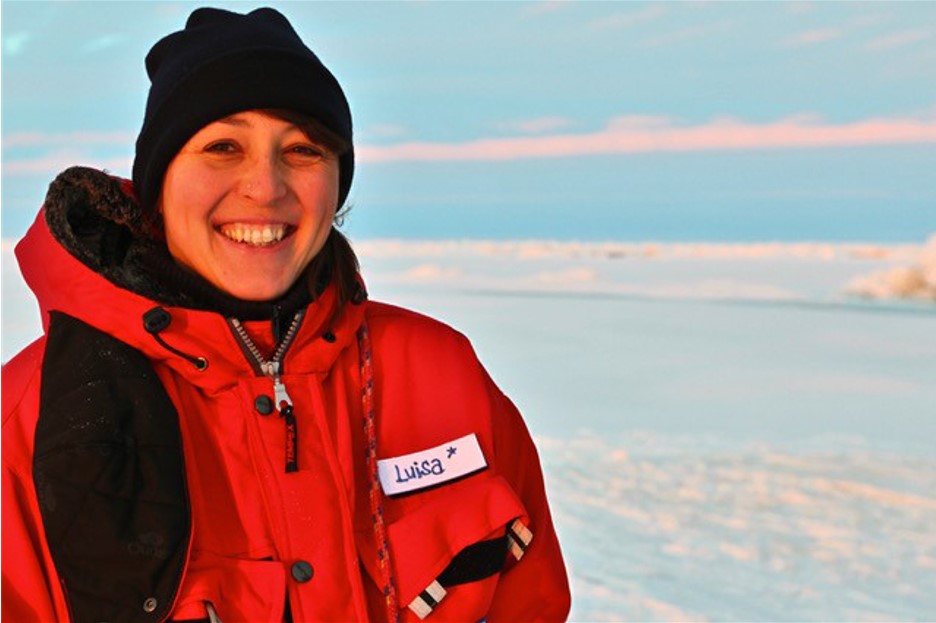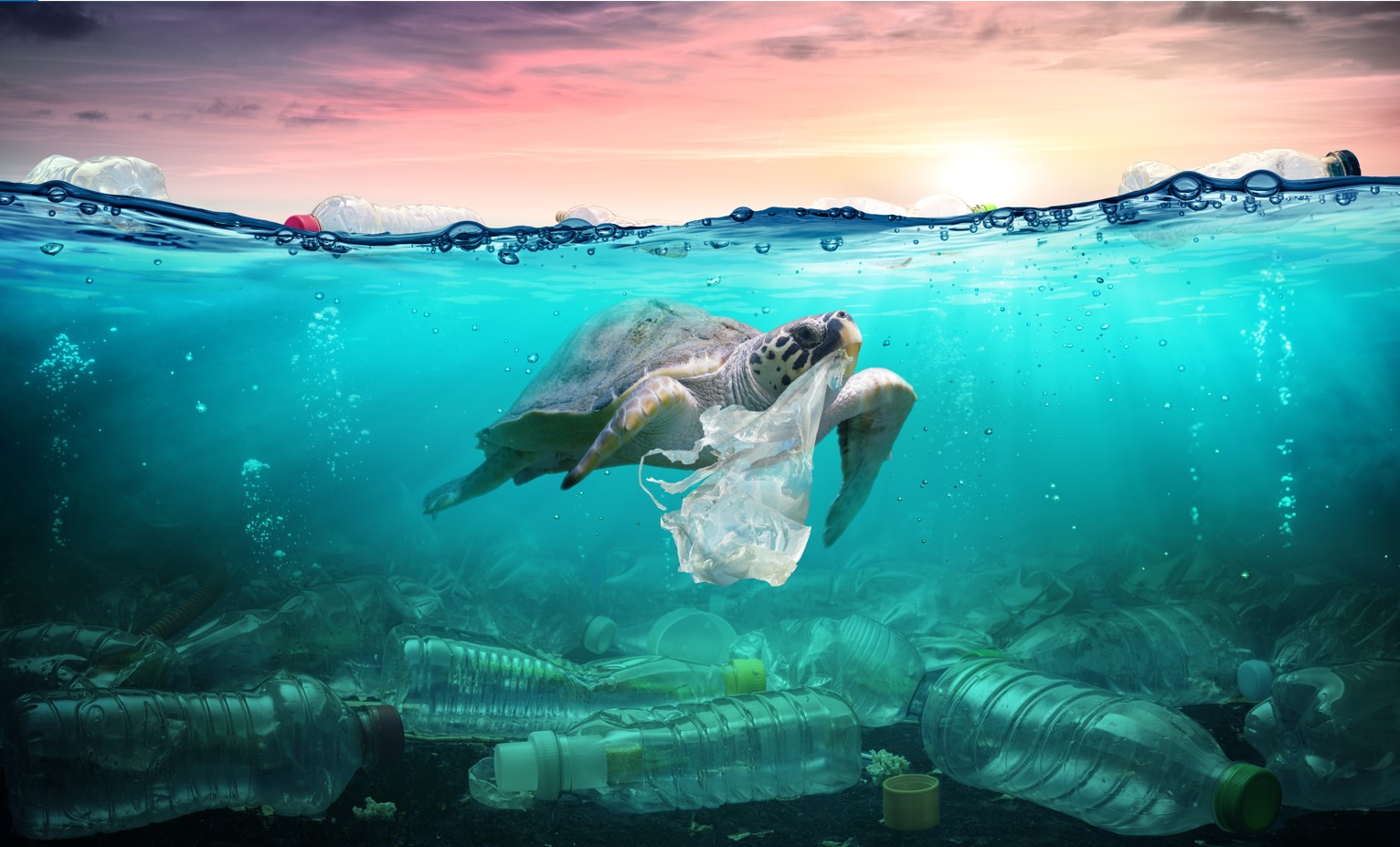Special Focus: EU Green Deal - How plastic contributes to marine pollution
Newsletter

Conducting research on the role of plastic in the marine cycle, Luisa Galgani is a Fellow committed to tackling pollution. To her, scientists must work closer to the society, through citizen science actions for example.
Luisa Galgani, in her own words
I am a marine scientist, I am mainly working on marine carbon biogeochemistry. The past six years, I have been interested in the role plastic has in the marine and aquatic carbon cycle.
I studied in Italy Environmental Sciences and Environmental Chemistry, and I received my PhD in Germany at the University of Kiel, working between the Alfred Wegener Institute for Polar and Marine Research and at GEOMAR Helmholtz Centre for Ocean Research Kiel.
In 2016, I obtained an MSCA Fellowship to work on a first project on plastic in the biogeochemistry of the surface ocean (POSEIDOMM project, Grant Agreement No 702747) that was developed at the University of Siena, Italy.
During POSEIDOMM, I also ran a parallel project on citizen science and aquatic environments monitoring for macro-litter. It was a very nice opportunity to get involved with community outreach and get to know macro-litter distributions and water quality in freshwater resources of the area through engaged citizen volunteers. There is also a Euronews video on this project available here.
In July, I started the PLOCEAN project (Grant Agreement No 882682), a global MSCA Fellowship developed between the US and Germany as home institution country. I am now at the Harbor Branch Oceanographic Institute (HBOI) of Florida Atlantic University (US) for the two-years outgoing phase.

Luisa is currently working on her MSCA project PLOCEAN, which stands for ‘Plastic impacts on Ocean’s biogeochemical cycles in the Anthropocene’. “Plastic pollution is an increasingly present threat to marine ecosystems. When microscopic particles are discarded into waterways, they can interact with microbial communities and alter their distribution and activity. In addition, they can perturb the biogeochemical cycling events in which microbes participate,” she explains.
The PLOCEAN project combines field observations and theoretical studies to understand how microplastics distribute in marine environments and affect the microbes’ ability to transform organic compounds, with repercussions on the global marine cycling of carbon and other elements. “If the present pandemic allows more social interaction, I’d also like to devote an important part of the work to outreach activities and citizen science,” adds Luisa.
“I strongly believe that no person and no place should be left behind”
To Luisa, the launch of the EU Green Deal is a good signal that Europe is sending to the rest of the world, even if she thinks that such an agreement should have taken place earlier. “Sometimes I wonder whether it’s too late. We need to preserve biodiversity and try to carry on a planet that will be habitable for future generations. For me, future generations can be my nephews, it’s not so far in the future,” she muses.
To Luisa, the pandemic of COVID-19 shed a light on the importance of science and research in a context of urgency to find a suitable vaccine. However, she thinks that researchers should do more. “As researchers, we have an obligation towards society so we should aim at getting more involved in crosscontamination with other scientific disciplines as well as be transparent and willing to engage in political and social discussions,” she says.
Achieving the objectives of the Green Deal is possible according to Luisa, provided that access to research resources will be shared equally between countries. “I think that there are too many differences in research funding possibilities and infrastructure among European countries. I strongly believe that no person and no place should be left behind,” she concludes.
Aurélia Chaise
MCAA Editorial Team